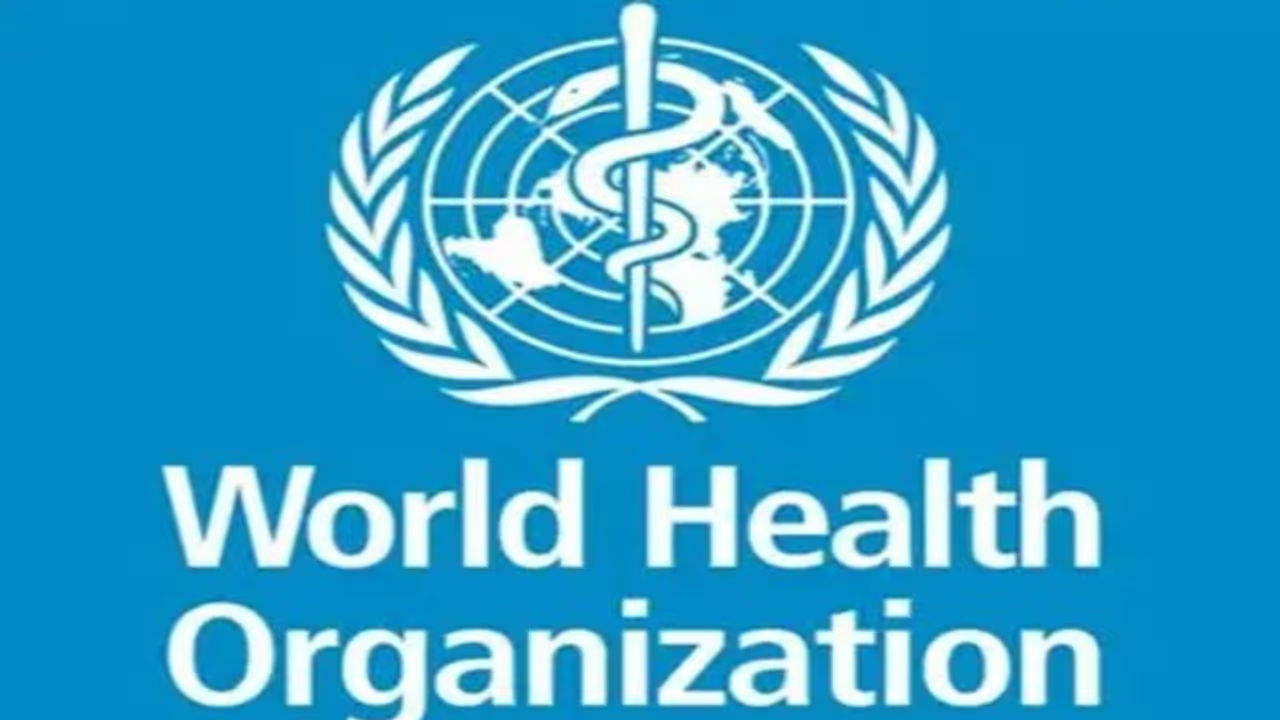In a major move to prepare for future health emergencies, WHO has officially adopted a global pandemic agreement. This new accord aims to help countries work faster, better, and together to stop and respond to future pandemics.
On Tuesday, countries around the world approved an important new agreement on how to get ready for future pandemics. This comes after the COVID-19 pandemic, which killed millions of people between 2020 and 2022.

The agreement was accepted at the World Health Assembly in Geneva after three years of talks. It is a legally binding deal, and WHO member countries celebrated its approval with loud applause.
The agreement was unanimously approved by a top WHO committee on Monday and formally adopted by the full World Health Assembly on Tuesday in Geneva.
The goal of this agreement is to avoid the confusion and delays that happened during the Covid-19 pandemic. It calls for better sharing of information, stronger health surveillance, and fair access to vaccines and medical tools in future crises.
WHO Director-General Dr. Tedros Adhanom Ghebreyesus welcomed the vote, calling it a “step forward” for global health. Ghebreyesus hailed the agreement as a victory for public health and said it will safeguard the world from future pandemic threats. “The agreement will help countries act more equally and quickly when the next pandemic comes,” he said.
The agreement seeks to boost international coordination and ensure equitable access to life-saving tools during future pandemics, while reaffirming respect for national sovereignty in public health decisions.
In a press release on Tuesday, the WHO said, “Member States of the World Health Organisation (WHO) today formally adopted by consensus the world's first Pandemic Agreement. The landmark decision by the 78th World Health Assembly culminates more than three years of intensive negotiations launched by governments in response to the devastating impacts of the COVID-19 pandemic, and driven by the goal of making the world safer from - and more equitable in response to - future pandemics.”
"The world is safer today, thanks to the leadership, collaboration and commitment of our Member States to adopt the historic WHO Pandemic Agreement. The Agreement is a victory for public health, science and multilateral action. It will ensure we, collectively, can better protect the world from future pandemic threats. It is also a recognition by the international community that our citizens, societies and economies must not be left vulnerable to again suffer losses like those endured during COVID-19," Ghebreyesus said.
Strong support, but some countries stayed silent
The agreement passed with 124 countries voting in favor and none voting against. However, 11 countries abstained, including Iran, Israel, Italy, Poland, and Russia. These countries did not vote "no", but they chose not to support it either.
The chair of the committee, Namibia’s Health Minister Esperance Luvindao, announced the results proudly, noting that the agreement shows that “the world is still together” in the face of global health threats.
Budget troubles overshadow progress
Even though the pandemic deal was passed, the WHO is facing serious financial problems. The agency has a $1.7 billion budget gap for its 2026–2027 spending plans.
The United States has refused to pay its WHO membership dues for 2024 and 2025, and has also suspended almost all foreign aid, including support for health programs around the world. This decision was made during former President Donald Trump’s administration, which had also started the process of pulling the US out of the WHO.
As a result, the WHO has been forced to cut its expected budget from $5.3 billion to $4.2 billion, and may cut 25% of salary costs. It is also exploring outsourcing work to cheaper cities to save money.
The Assembly is expected to vote this week on whether to raise membership fees by 20%, part of a plan started in 2022 to rely less on voluntary donations and more on guaranteed funding from member countries.
Despite money worries and political tensions, the adoption of the pandemic agreement marks a major success for the WHO and sends a signal that most of the world supports working together to protect against future outbreaks.
-With ANI inputs


